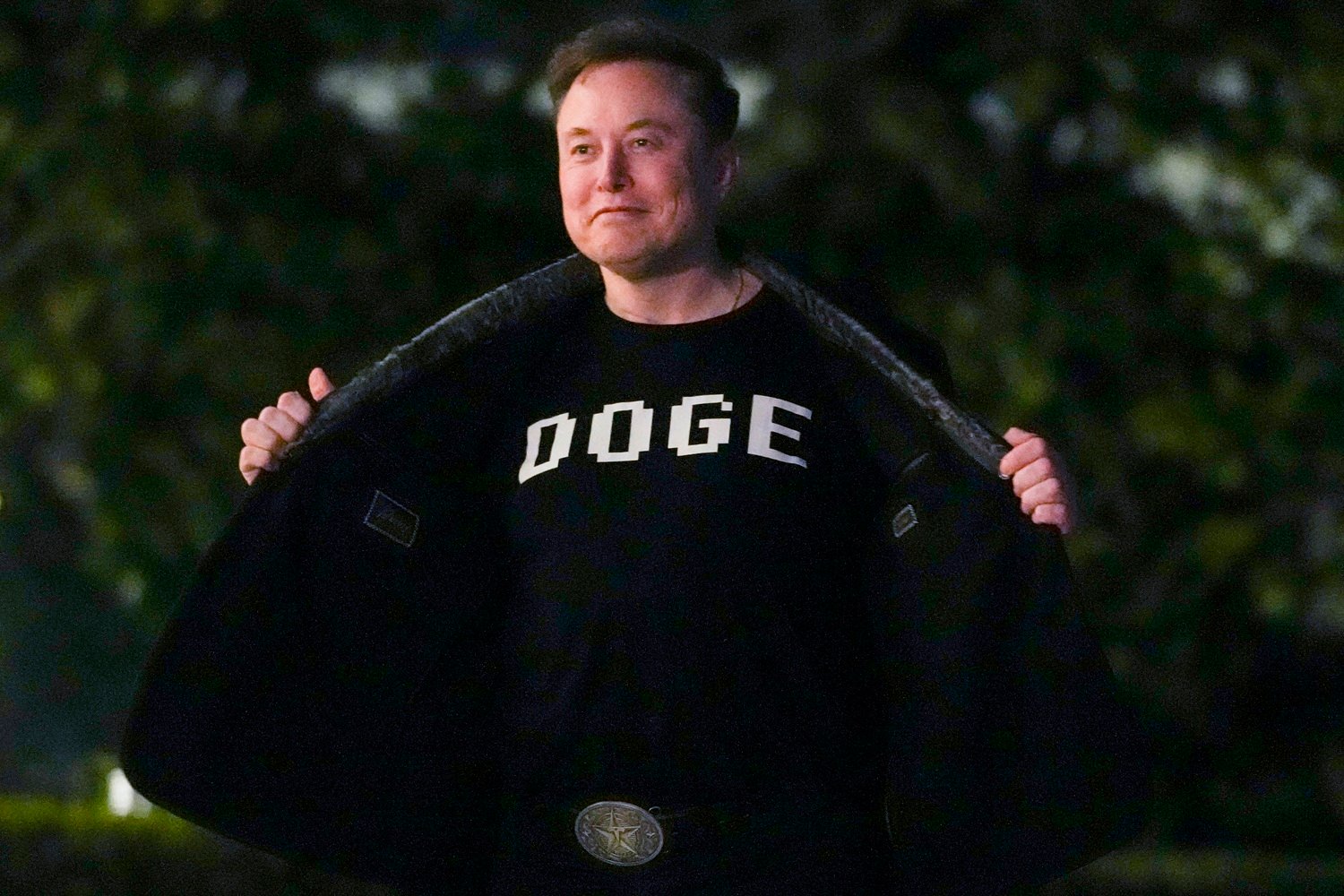Everyday data can hold unexpected surprises.
Consider the “climate doers,” a category of consumers identified by Doug Rubin’s startup, Northwind Climate. These individuals are concerned about climate change and prioritize eco-friendly purchases, often associated with behaviors like buying organic food or supporting local businesses.
Interestingly, Northwind Climate has found that “climate doers” are also the consumers who most frequently visit fast-food restaurants,” according to Rubin, who shared this insight with TechCrunch. Furthermore, approximately 30% of “climate doers” identify as Republicans, he added.
Northwind Climate originated from Rubin’s experience in the political sphere, where surveys are crucial for understanding public sentiment shifts and identifying potential voters. The startup has secured a $1.05 million pre-seed funding round, exclusively announced to TechCrunch, with contributions from angel investors including Tom Steyer, former Massachusetts Governor Deval Patrick, and Alexander Hoffmann of Susty Ventures.
Rather than categorizing people into demographic groups based on politics, generation, or region, Northwind Climate analyzes survey responses to identify behavioral patterns that can classify consumers.
In addition to the “climate doers,” who comprise about 15% of all U.S. consumers, Northwind Climate has identified four other behavioral groups, ranging from “climate distressed” individuals, who are less concerned about climate change and less financially secure, to “climate deniers,” who tend to be retirees who believe the media exaggerates the issue.
Rubin notes, however, that “even among climate deniers, there are effective messages and approaches that can work.”

For instance, Northwind Climate analyzed consumer behavior regarding electric vehicles. For “climate doers” and “climate distressed” consumers, who are more likely to purchase EVs, the startup suggests framing the vehicles as a matter of choice. A proposed pitch might read, “We’re providing choices for those who care about reducing pollution, saving money on gas, and addressing climate change.”
However, for “climate doubters” and “deniers,” who are less likely to buy EVs, the pitch shifts from choice to freedom: “Americans should have the freedom to drive what they want. We want to make electric vehicles clean, affordable, and practical for millions of Americans who want one.”
The startup has built a database of 20,000 survey respondents across eight surveys, growing by 2,500 respondents per month. Every three months, Northwind conducts an industry-specific survey to gather deeper insights for clients.
Companies subscribing to the service, which costs $10,000 per quarter or $40,000 per year for a typical client, can add up to four custom questions every quarter, a more cost-effective option than commissioning annual surveys.
Customers gain access to Northwind’s collected data, survey questions, and basic analyses like cross-tabulations within the platform. The startup is developing a chatbot that will allow users to request specific analyses using plain language queries.
Some consumers might be skeptical about such a platform, fearing it could enable companies to greenwash their practices. However, Rubin is not concerned, citing survey data that shows consumers are generally savvy. “Our data indicates a clear risk to brands and their reputations from making exaggerated or false claims,” Rubin stated.
Rubin also mentioned that Northwind is developing a virtual focus group, an AI model trained on survey responses that can analyze a company’s marketing materials, such as TV spots or social media ads, and provide feedback similar to a human focus group. The startup aims to launch this feature within the next four to five months, with plans to continually refine the model using new data.
Rubin believes companies have been missing opportunities to connect with climate-conscious consumers. “If you look at the data and where consumers stand — across the board, not just Democrats or Independents — they genuinely want this, and they will reward companies that approach it intelligently,” he said.
Source Link





